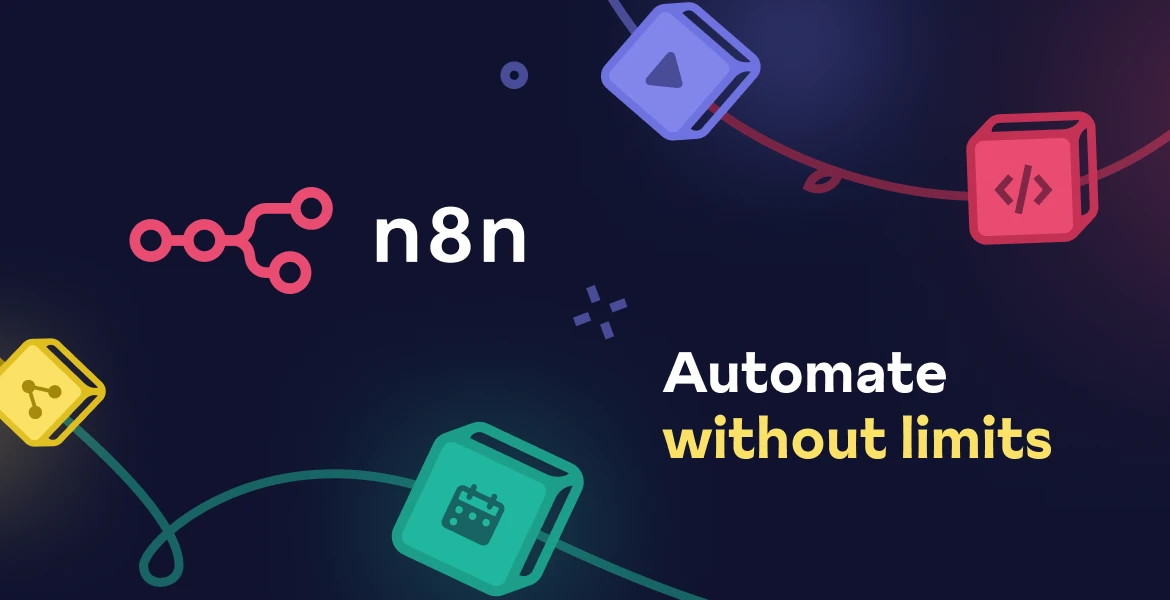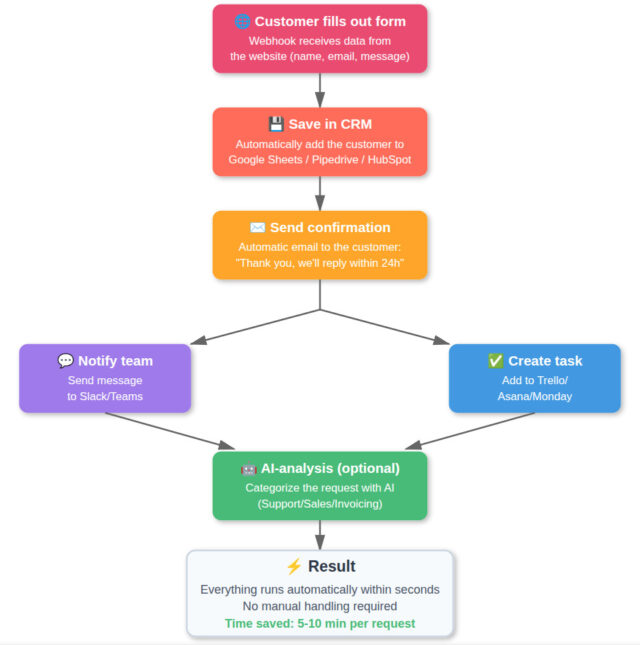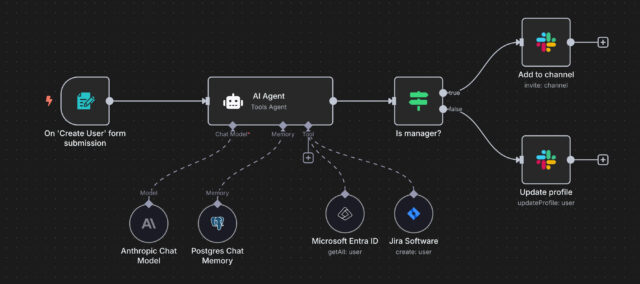Brazilian officials claim that X is being shut down because it refuses to take responsibility for the "hate" and "disinformation" spread on the platform and because it lacks a legal representative in the country.
X owner Elon Musk, however, has a very different view, calling Judge Alexandre de Moraes a "dictator" with absolute power who is allegedly doing everything he can to silence dissent and his political enemies.
When authorities in Brazil demanded that X censor or block accounts that allegedly spread "disinformation" and "hate speech", the company instead responded by closing its office in the South American country.
After refusing to comply with the government's request to appoint a new legal representative in Brazil or to block a number of accounts accused of spreading "hate", Supreme Court Judge Alexandre de Moraes ruled last week that X must be shut down entirely in the country.
Anyone using VPNs or similar services to circumvent the block and access X risks a fine of 7,000 euros per day. On Monday, Brazil's Supreme Court will also vote on whether to uphold the decision to ban the social media platform X, formerly known as Twitter.
"Brazil's dictator"
While Brazilian authorities say it's a necessary measure to combat "hate", "disinformation" and "propaganda", X officials say it's a campaign of state censorship, and de Moraes has been likened by Elon Musk to a dictator driven by a desire to persecute and deplatform dissenters.
"I keep telling people that this guy @alexandre is the dictator of Brazil, NOT a judge. He just wears that as a costume. He has supreme executive, judicial and legislative power, aka dictator. The cloak he wears is to trick fools in the West into thinking that he’s a judge", writes the X owner.
I keep telling people that this guy @alexandre is the dictator of Brazil, NOT a judge. He just wears that as a costume.
He has supreme executive, judicial and legislative power, aka dictator.
The cloak he wears is to trick fools in the West into thinking that he’s a judge. https://t.co/tCgU2WnB6m
— Elon Musk (@elonmusk) August 31, 2024
X officials further claim that it is being shut down in Brazil because it refuses to comply with the judge's "illegal orders to censor his political opponents".
"These enemies include a duly elected Senator and a 16-year-old girl, among others. When we attempted to defend ourselves in court, Judge de Moraes threatened our Brazilian legal representative with imprisonment. Even after she resigned, he froze all of her bank accounts. Our challenges against his manifestly illegal actions were either dismissed or ignored", they explain.
"Illegal demands"
They go on to explain that they are not demanding that all countries have the same free speech laws as the US, but that the problem is that de Moraes "demands we break Brazil’s own laws".
"We simply won’t do that. In the days to come, we will publish all of Judge de Moraes’ illegal demands and all related court filings in the interest of transparency. Unlike other social media and technology platforms, we will not comply in secret with illegal orders", it added.
Soon, we expect Judge Alexandre de Moraes will order X to be shut down in Brazil – simply because we would not comply with his illegal orders to censor his political opponents. These enemies include a duly elected Senator and a 16-year-old girl, among others.
When we attempted…
— Global Government Affairs (@GlobalAffairs) August 29, 2024
X has also created a separate account (Alexandre Files) with the stated purpose to "reveal the unlawful directives issued to X by Alexandre de Moraes".
For example, Moraes' August 8 order to X is in direct violation of Brazilian law. See the comparison for yourself 👇
------------------------
Por exemplo, a or dm de Moraes para a X do dia 8 de Agosto esta em violação frontal da lei brasileira👇 pic.twitter.com/yKVpfhK0Df— Alexandre Files (@AlexandreFiles) August 31, 2024






